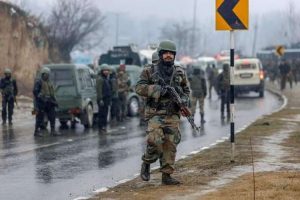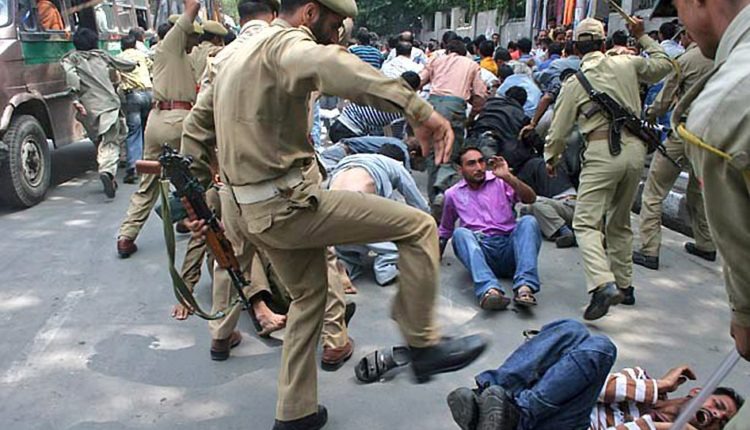Farhan Qutab Siddiqui
On August 5th, Pakistan observes Youm-e-Istehsal, a day to remember the egregious human rights violations and atrocities committed by India in the disputed region of Jammu and Kashmir. This day holds significant importance as it marks the fourth anniversary of India’s unilateral decision to revoke the special status of Jammu and Kashmir, stripping the region of its autonomy. The day serves as a stark reminder of the ongoing struggle of Kashmiri people and highlights the international community’s indifference towards their plight. This article aims to shed light on the atrocities committed by India in Kashmir and the pressing need for the global community to address this grave human rights issue.
India’s revocation of Article 370 on August 5, 2019, effectively stripped Jammu and Kashmir of its special status, eliminating its autonomy and merging it into the Indian Union. This decision was not only unconstitutional but also a brazen violation of the rights of Kashmiris to determine their own fate. By unilaterally making such a move, India displayed a blatant disregard for the democratic principles it claims to uphold. The people of Kashmir were denied a voice in a decision that fundamentally altered the political landscape of their region, further exacerbating their sense of marginalization.

Following the revocation, the Indian government imposed a stringent communication blackout, cutting off internet and phone services in the region. This move stifled freedom of expression and restricted access to vital information, making it easier for Indian authorities to suppress dissent and carry out their actions with impunity. Reports of arbitrary arrests, extrajudicial killings, and torture of civilians by Indian security forces emerged, exposing the depths of human rights abuses in Kashmir.
One of the most harrowing aspects of India’s crackdown in Kashmir has been the use of pellet guns against unarmed civilians. These “non-lethal” weapons have caused severe injuries, blindness, and even death, with thousands of people falling victim to their indiscriminate use. The fact that pellet guns continue to be employed despite widespread international condemnation reflects India’s blatant disregard for human rights and a total lack of accountability.
The revocation of Article 370 has ignited a renewed cycle of violence in Kashmir, with the younger generation bearing the brunt of this turmoil. The stifling environment and lack of economic opportunities have pushed many Kashmiri youth towards radicalization, further exacerbating the already volatile situation. Rather than addressing the root causes of unrest, India’s heavy-handed approach has only fueled resentment and alienation among the Kashmiri population.
Despite the blatant human rights violations occurring in Kashmir, the international community has largely remained silent. Nations that claim to champion human rights and democracy have turned a blind eye to the suffering of Kashmiris, prioritizing economic and political interests over justice. This hypocrisy not only undermines the principles of international law but also perpetuates the suffering of millions of Kashmiris living under oppressive conditions.
Youm-e-Istehsal serves as a solemn reminder of the ongoing human rights crisis in Kashmir. India’s revocation of Article 370 and the subsequent actions against the Kashmiri people have exposed a deeply troubling reality about the world’s approach to human rights abuses. The international community must end its silence and take a firm stance against India’s actions in Kashmir, demanding accountability and justice for the countless lives affected. Only through genuine efforts to address the grievances of Kashmiris and uphold the principles of democracy can we hope for a peaceful resolution to the Kashmir issue.










